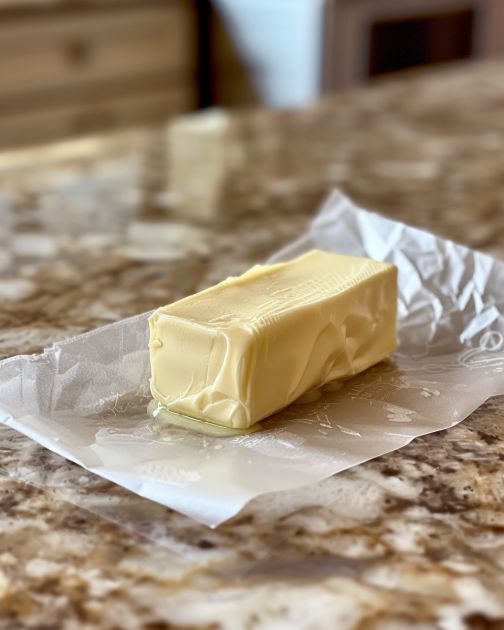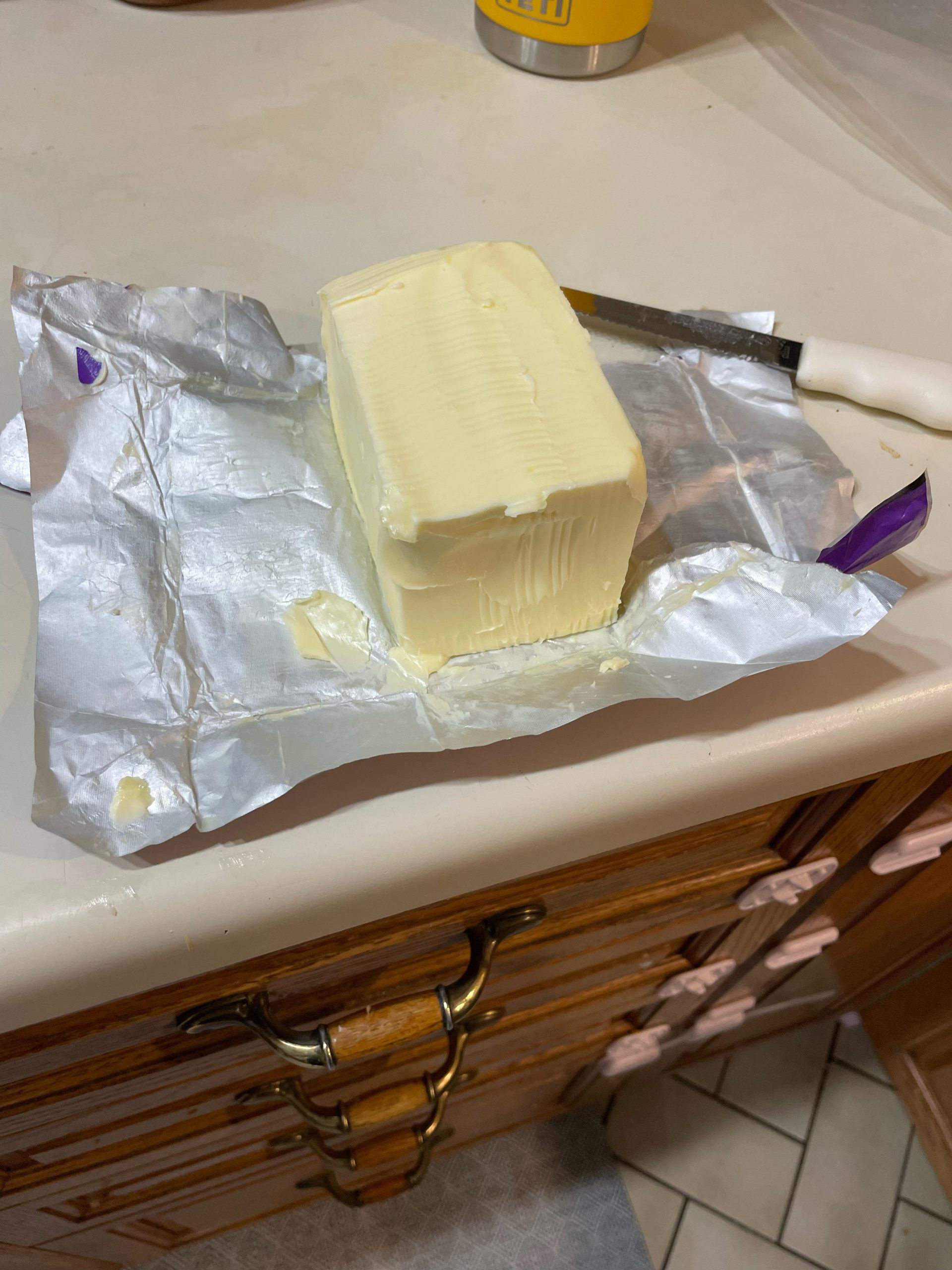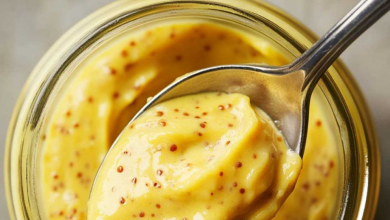Many have debated whether leaving butter out on the kitchen counter is a safe practice, or if it’s better to refrigerate it to avoid spoilage and potential health risks. This article will explore the conditions under which butter can be safely left at room temperature and for how long. We will dive into the composition of butter, factors that can affect its shelf life, general guidelines to follow, and safety precautions to consider to enjoy this staple food item without any worry.

Understanding Butter’s Composition and Shelf Life
Butter is made from churning cream, which separates butterfat from the buttermilk. It typically contains a high amount of fat, usually around 80%, with the remaining components being water and milk proteins. The high-fat content is the primary reason why butter can remain safe to eat when left out of the refrigerator for a period. The lack of moisture in unsalted butter helps to inhibit the growth of bacteria, which thrive in water-rich environments. However, the presence of dairy and the potential for spoilage cannot be entirely ignored.
Factors That Affect Butter’s Perishability
1. The type of butter: Salted butter has a longer counter-life than unsalted due to its salt content, which acts as a preservative.
2. Kitchen temperature: Warmer temperatures can accelerate spoilage, so butter should be kept in a cool, shaded spot.
3. Exposure to light and air: These can cause the fats in butter to turn rancid, affecting its flavor and safety.
4. Hygiene practices: Always use clean utensils to prevent introducing contaminants.

General Guidelines for Leaving Butter on the Counter
Butter can typically be left on the kitchen counter for a few days without posing a significant health risk, provided that it’s stored correctly. The key is to use a butter dish with a cover, or a butter bell or crock, which can help keep out contaminants and maintain its freshness.
Here are some rules of thumb to follow:
1. Keep the butter covered to protect it from contaminants and odors.
2. Place butter away from direct sunlight or heat sources.
3. Regularly check the butter for signs of spoilage, such as an off smell, mold, or discoloration.
4. Use salted butter for a slightly extended room-temperature shelf life compared to unsalted butter.
It’s important to understand that these guidelines can vary depending on the ambient temperature of your kitchen. It is generally recommended that butter not be left out for more than one to two weeks, even when the conditions are suitable. In warmer climates or during hot weather, this period should be much shorter, as higher temperatures can cause the butter to spoil more quickly.
Safety Precautions and Tips
1. Always taste a small amount before using butter that’s been left out, especially if it’s been more than a few days.
2. If the butter has remained out for longer than recommended, it’s best to err on the side of caution and dispose of it.
3. Consider storing butter in the refrigerator during summer or in hotter climates.
4. If you prefer the spreadability of room-temperature butter, consider keeping only a small portion out and refrigerating the rest.
In conclusion, while it’s generally safe to leave butter on the counter for a short period, always watch the kitchen’s temperature and butter’s condition for any signs of spoilage. By adhering to safe food handling practices and your senses of smell and taste, you can enjoy butter at its best quality and flavor without compromising on safety.
Source: cooktopcove







